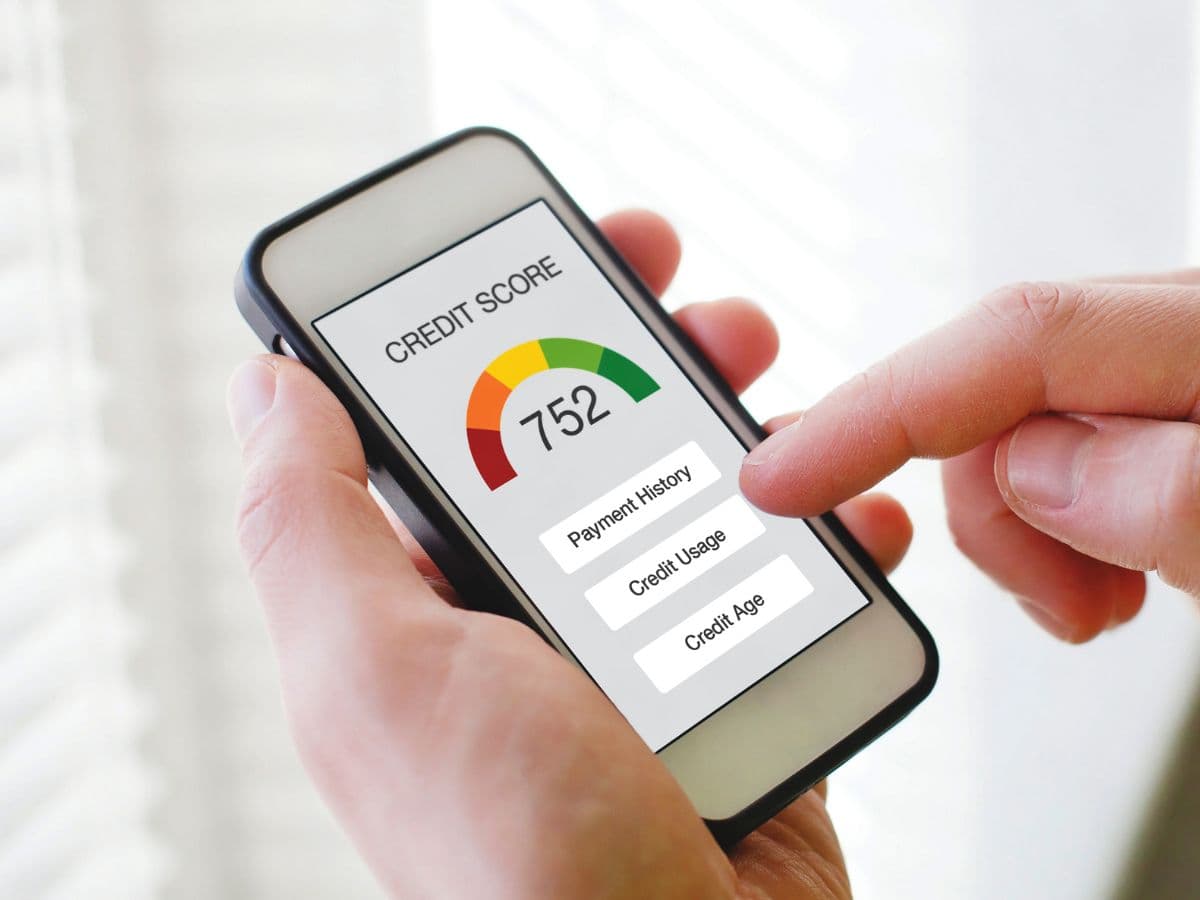
In today’s financial landscape, your CIBIL Score is not just a number – it’s the key that unlocks your financial possibilities. Your CIBIL Score plays a pivotal role in turning your dreams into reality, be it buying a house, starting your business, or simply maintaining financial stability. While evaluating your loan application, lenders check your CIBIL Score to know your creditworthiness. Hence, understanding your CIBIL Score becomes extremely important because it determines your ability to secure credit.
What is a CIBIL Score?
A CIBIL Score is a 3-digit number ranging from 300 to 900 that represents your credit history. This score is based on your credit history, including your borrowing habits, repayment history, and overall credit behaviour.
This score is derived from the information found in the ‘Accounts’ and ‘Enquiries’ sections of a CIBIL report. The report includes details about a borrower’s loans, credit cards, and payment patterns. Lenders like banks, NBFCs, etc. check CIBIL score of an applicant to assess the risk of lending money or providing a credit card.
The higher your score is, the more trustworthy you become to lenders. Hence, a score above 750 is considered a good CIBIL Score, making you eligible for preferential interest rates and higher loan amounts.
How is your CIBIL Score Calculated?
Key factors that impact your CIBIL Score:
-
Payment History: Your payment history is one of the major factors that can build and harm your credit score. Hence, it is advisable to make timely payments because it affects your score positively, whereas, late payments, defaults, or missed EMIs can hurt your credit score.
-
Credit Enquiries: Multiple credit enquiries in a short period can negatively impact your CIBIL Score because it points towards your hunger for credit and that may lead to a default in near future if not handled properly, indicating your poor financial health.
-
Credit Utilisation: A higher credit utilisation regularly can negatively impact your credit score. If your credit utilisation remains high and you max your credit cards often, it shows the lender that you are highly dependent on credit and your chances of default are high. Thus, it may lead to lowering your CIBIL Score over time.
-
Credit Mix: A healthy combination of secured (e.g., home loans, auto loans) and unsecured loans (e.g., credit cards, personal loans) may improve your credit score because lenders grow more confident when they learn that you have handled different types of credit responsibly.
-
Length of Credit History: A longer credit history lets lenders evaluate your financial behaviour for a longer duration since the lender has more data making it easier for the lender to assess the risk of credit. Hence, it is advisable to not close your oldest active credit card even if you barely use them.
Tips to Improve your CIBIL Score
While your CIBIL Score is largely based on your previous borrowings, it is definitely possible to improve your score with consistent efforts. Provided below are some of the ways that will help you improve your CIBIL Score:
-
Pay your bills timely: The first and the most important factor that can positively impact your credit score is paying your bills timely. Missed or delayed payments is the biggest factor that can negatively impact your credit score. Hence, set reminders and never miss your due date because even a single missed payment can stay on record for a long time with credit bureaus.
-
Keep your credit utilisation low: A higher credit utilisation can negatively impact your CIBIL Score because it may indicate that you are highly dependent on credit. Hence, if you are looking to improve your score, you need to keep your credit utilisation low which may positively impact your CIBIL Score.
-
Maintain a balanced credit mix: Managing different types of credit responsibly will demonstrate your financial maturity. A credit mix of secured and unsecured loans will help you better your financial health. However, it is important to keep in mind that you should avoid taking unnecessary credit just to diversify. Take what you can pay and doesn’t put burden on your financial health.
-
Monitor your credit report: Monitoring your credit report regularly will let you know of any inaccuracies or fraudulent activities that might be lowering your CIBIL Score. You can immediately resolve the errors in your report if you find any and correct your CIBIL Score.
-
Avoid applying for multiple credit: Applying for too many loans or credit cards at once will indicate financial instability. Because every enquiry that happens can damage your CIBIL Score, it may not present you as a reliable borrower. You should apply for credit only when it is necessary.
-
Clear your outstanding debt: Having too much debt on yourself and not making timely payments of the credit you have applied for can pose a higher risk to your CIBIL Score. Upon reducing your debt balance, your score will start to improve.
Conclusion
Having a good CIBIL Score is very crucial because it depicts an individual’s financial health and their ability to handle credit. The best time to improve your CIBIL Score is today. Lenders prefer approving credit applications of those who have a good credit history.
Maintaining good credit behaviour is a necessity because it talks about your financial well-being. So, whether you are looking to apply for any type of credit, it’s crucial that you monitor your credit score before applying because it will help you understand if you are eligible to take credit or if you must improve your CIBIL Score first. Checking your CIBIL Score and monitoring your credit report will give you a fair understanding of your financial health, and you may apply for credit accordingly.